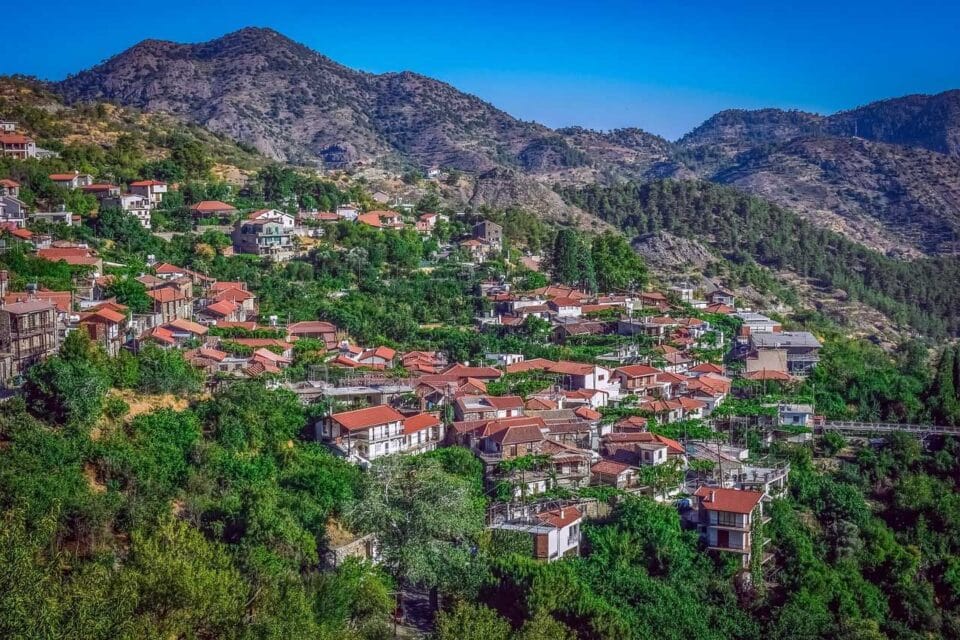Cyprus hoteliers’ association (Pasyxe) president Philokypros Rousounides on Wednesday said that the island benefited from an influx of tourists during the Catholic Easter period, primarily from Great Britain, Poland, Austria, and Scandinavian countries.
In addition, local hoteliers offered packages which attracted Cypriots, spurring them to visit beach resorts in Paphos and Limassol, as well as rural areas.
Rousounides said that he expects hotel occupancy rates to reach between 50 and 60 per cent during the Orthodox Easter week, while he also said that he expects Israeli tourists to arrive at the end of the month.
According to Rousounides, prices in Cyprus are generally affordable as most business owners have decided to absorb the increased costs.
He also acknowledged that the profitability of the Cypriot tourism industry will be significantly reduced but expects a better tourist season than last year.
“Many Cypriots took advantage of the packages offered by several hoteliers and other tourist units, while bookings were also made in the coastal resorts of Paphos and Limassol and in the free area of Famagusta, while the mountainous areas will enjoy a significant volume of visitors,” Rousounides said.
“So I think that during the Easter week in particular we will see occupancies of 50 per cent to 60 per cent”, he added.
Regarding the number of tourists who visited Cyprus during the Catholic Easter period, the Pasyxe president said that this marked the first wave of tourists arriving in Cyprus and staying at the coastal resorts that have already begun operations.
“The inflow of tourists came mainly from Great Britain, Poland, Austria and the Nordic countries, and I believe that from the end of the month onwards, there will be a substantial influx of tourists from Israel as well,” Rousounides said, noting that Israel has now become one of Cyprus’ largest markets.
“I believe that by the end of April, the majority of hotels and tourist accommodations units will already be open, ready to welcome the season’s first tourists, who, as I said, have already started arriving on the island,” he added.
Regarding the prices offered by the local tourism industry, Rousounies said that they are quite competitive and affordable.
“Nost business owners in the sector have decided to absorb the increased costs that are prevailing at the moment, including in terms of energy, interest rates and raw material costs. So these will not be passed onto the consumer,” he said, noting that a lot of effort is being made by Cypriot businesses in the sector to remain competitive.
“Unfortunately, however, since most of these costs will be absorbed by tourist businesses, this will result in significantly reducing their profitability, especially after coming off a disastrous two years,” he added.
However, Rousinides said that despite these challenges, he expects that “the tourist season will be better than last year, which will in turn give the sector some breathing space”.
In relation to the nature of the bookings, the Pasyxe president said that the trend of elevated bookings, which experienced a boost after the restrictive measures enacted during the Covid-19 pandemic were lifted, appears to be continuing unabated.
In addition, he said that bookings appear to be split fairly evenly between private bookings and those made by tour operators and travel agents.
“This is in contrast with how it used to be in the past, when 70 to 80 per cent of bookings were made by tour operators, and the remaining 20-30 per cent were private, individual bookings. Now the ratio is 50-50, which I consider being very healthy,” he concluded.







Click here to change your cookie preferences